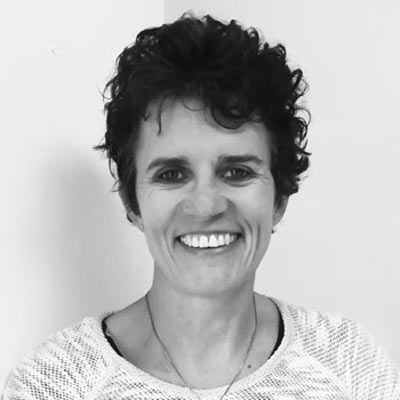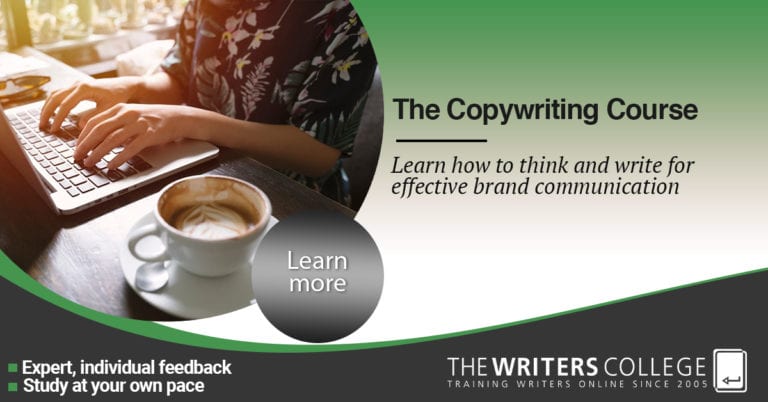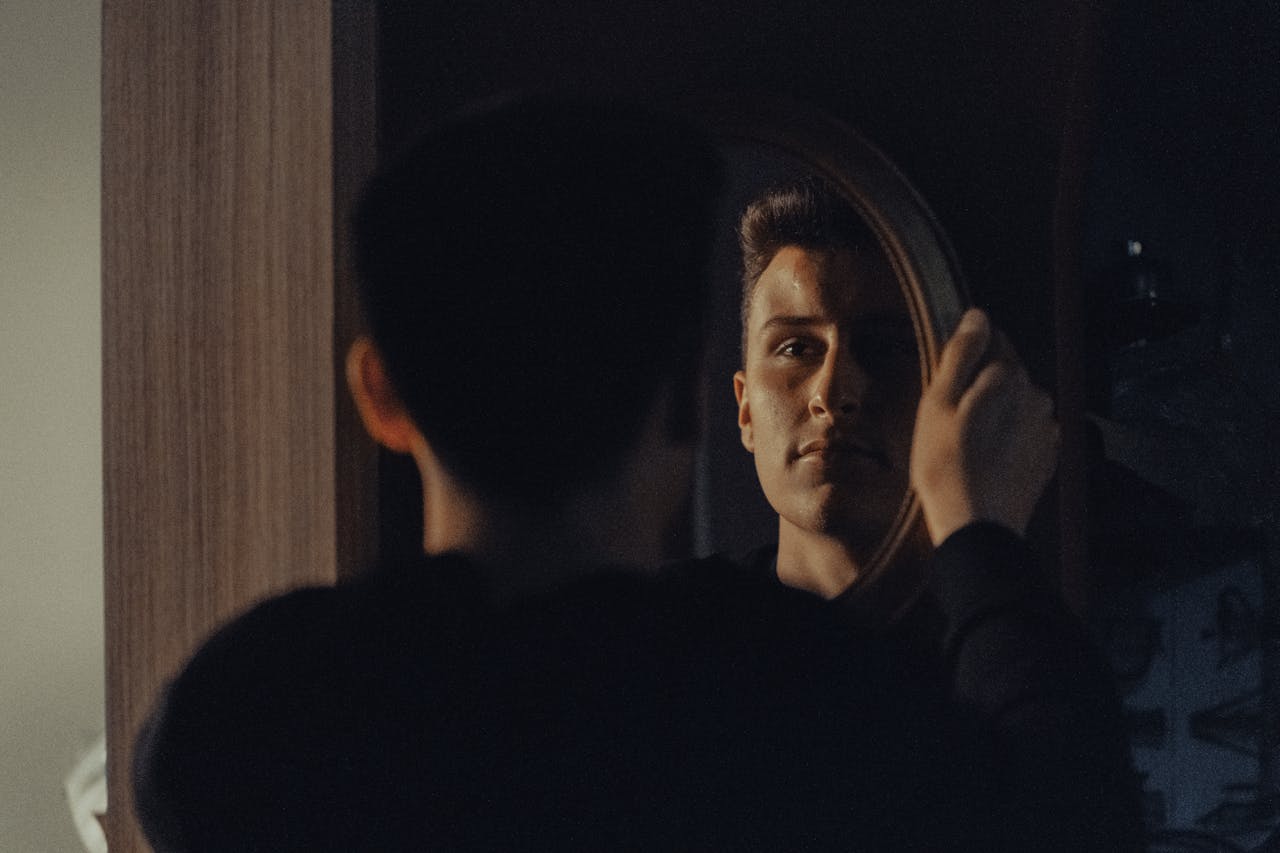Mandy Speechly has worked as a copywriter in the advertising industry for over fifteen years for leading international advertising agencies on a range of different media, including television, print, radio, brochures, promotions and websites.
Mandy Speechly is an experienced specialist in training for copywriting and brand communication. She currently works at Vega School of Brand Communication in Cape Town, where she lectures and manages the national programme for copywriting across four campuses. She has been awarded numerous student Loeries awards and consistently ranks among the top lecturers in the country.
Mandy has been tutoring for The Writers College for over a decade and also offers a consultation service on developing copywriting portfolios to help writers find work in the advertising industry.
Here are some of her views on writing, and the copywriting industry.
Q. How did you become a writer?
I have always loved books, words and great writing. I enjoyed writing stories and poems at school and eventually studied English and Linguistics at university.
It was in my final year that I discovered there was a career in writing for advertising, called copywriting. I was intrigued by this industry as it seemed to combine many of my interests; writing, psychology, sociology and basic people-watching. (And you could wear jeans to work!)
I managed to get into the business through a graduate internship programme with the Association of Advertising Agencies, before it became a college.
I worked as a copywriter for about 15 years and continue to do freelance work for different clients and agencies.
I now also lecture in copywriting at the Vega School of Brand Communication where I am able to share my passion for this unique craft – without the challenges of budget cuts and client politics!
My current focus has taken my writing in a new and challenging direction, in the form of developing course content for lectures, workshops and, of course, the Writers’ College.
Q. How do you decide what to write about? Where do you find ideas/ inspiration?
One of the main differences between copywriting and many other forms of writing is that you are creating communication for a very specific commercial objective. The creative thinking is therefore dependent on the strategy and the brief, as well as the brand and consumer.
The best place to look for ideas in advertising communication is in the connection between the brand and the consumer. That’s why one of the most important traits of a good copywriter is a curious mind, as the inspiration for great ideas can be found everywhere. I try constantly to observe current trends in different societies, communities, industries, technologies, even among my friends and family – I learn a lot from my two teenagers!
Q. How easy is it to make a living as a writer?
Copywriting is perhaps one of the few types of writing that offers many practical opportunities to make a living as a writer. Advertising is, however, a very competitive and demanding industry and it isn’t easy initially to enter the business or acquire regular work as a freelancer.
There are many different roles for the copywriter in the business world and communications industry. To work in a traditional advertising agency it is necessary to create a portfolio of work which is used to promote your conceptual and writing ability.
The work in an agency often demands long hours, tight deadlines and constant rejection so it does require considerable tenacity and a notably thick skin! However, it can be a very rewarding career. There aren’t many jobs where you get paid to write, think of ideas and spend most of your days with bright, eccentric creative people.
Q. What general advice would you give aspirant writers just starting out?
There is one important point for aspirant copywriters to note. The job isn’t actually about writing. It is all about ideas. Words are just the tools used to communicate these ideas.
The best way to have a “bank” of ideas is to get experience in life. The more “data” you have saved in your mind, your heart, your consciousness, the more material you have to work with when you are trying to engage with people in a meaningful way.
So, where do you start?
Study and learn, research, read, travel, explore new places, listen to all kinds of music, watch comedy shows, visit a library, watch people, take a different route home, try new foods, build something, cook something, plant something, be passionate, be creative in every way you can.
Advertising is not a science; the inspiration for great communication is happening around you every day.
Q: What do you consider to be the most important writing tip you ever received?
Read. Read a lot and read everything. Don’t be a literary snob. Read all genres, authors, adverts, magazines, newspapers, columns, blogs, articles, tweets…
Reading improves your general knowledge, expands your vocabulary, opens your mind and is sure to make you a better writer.
Q: When you mark your students’ writing, what are key qualities you look for in their work?
One of the most essential qualities of effective advertising communication is to stay single-minded and focused on the objective of the brief.
I have established three criteria which I use as the basis for evaluating project work. I discuss these points in more detail in the first module of my course.
R = Relevance
The idea and message should be relevant to the strategy, the target market and the brand.
U = Unexpectedness
It is always refreshing to see original ideas and writing; something that hasn’t been done before which makes the communication memorable.
R = Reward
This reward can be in the form of entertainment or information – the advertising should add some positive value in some way.
As a famous advertising man, Howard Gossage, once said;
“People don’t read advertising, they read what interests them.
And sometimes it’s an ad.”
Reviews for the Copywriting Course at The Writers’ College
“I really enjoyed this course, I felt like each module taught me valuable skills. There was no space wasted on filler content, so it really felt like a worthwhile course. I enjoyed working with Mandy, I felt that I could ask any questions, even if I felt they might be silly, and that she would take them seriously. She helped me to understand each module, and provided useful feedback. She even went the further mile and let me further edit projects that had already been marked, so that I could learn from any mistakes. The Writers’ College seems very professional in the way it runs courses, as well as in the quality of course it provides.” Samantha Dawe, Copywriting Course
“Mandy was always approachable and willing to offer friendly and professional advice. Her feedback on all assignments was clear, constructive and insightful.” Daryl Brown, Copywriting Course
“Overall, the course was a pleasurable and insightful experience. The notes really drew you in; you were never unsure where the module was going or what was needed from you. The worksheets got you thinking and allowed for creative thinking. Mandy was extremely encouraging, she is obviously a talented individual. She had excellent feedback on how to improve and better your ideas. I was very impressed at every level; from admin to notes to my tutor and to the understanding of the course coordinators.” Linda Jooste, The Copywriting Course
“Overall, I enjoyed the course structure and content. I liked that I could work at my own pace. Mandy was very thorough with her feedback, as well as being friendly and helpful. She offered some good advice and encouraged me, her attitude made me feel very motivated and confident with each module. It was a positive and challenging experience that has improved my knowledge and understanding of the industry.” Louise Bartlett, Copywriting Course
“I found [the course] very useful, entertaining, interesting and rewarding. Overall a very good introductory course and knowing that the lecturer would deal with submissions, comments and general feedback promptly and personally was a great help and encouragement. Mandy was encouraging but professional, very clear in her explanations, and great to deal with. I enjoyed the feeling that she was a professional in her field and didn’t pull punches regarding good and poorer work. Enjoyed the personal touch, and she conveys a true passion for her art.” Kevin Willemse, Copywriting Course
“I felt like I was learning from someone who is genuinely passionate about her subject. I have learned so much and am inspired to pursue it further.” Candice Nel, Copywriting Course
“The quality of the course I took was beyond what I ever expected and it was extremely worthwhile. I enjoyed working with Mandy and it was a brilliant course. The evaluations were excellent and always fair and justified. I appreciate the seriousness with which the course was handled and it made the process feel professional and worthwhile. The course was evaluated in a very rigorous and professional way, which I found quite intimidating at first, as I did not expect such an in-depth assessment per module. I loved this aspect but it should be noted up front that the course is demanding and not something to breeze through and expect good results; because I think many people would expect to ‘just get by’ – however, people who are serious about writing must be told this is a serious writing course. As those who are just looking to add something to their CV will get quite a shock once the course gets rolling. I really felt I got back what I put in and that is what made this a very worthwhile course.” Michael Rowlinson, Copywriting
“Thank you for the copywriting course. It was an excellent course. Getting work so quickly in the industry has been outstanding. I found Mandy to be an excellent lecturer. I especially valued her feedback and comments on my assignments.” Greg Tosi, Copywriting Course
For more details, or to enrol for the Copywriting Course, contact us at the Writers’ College.












